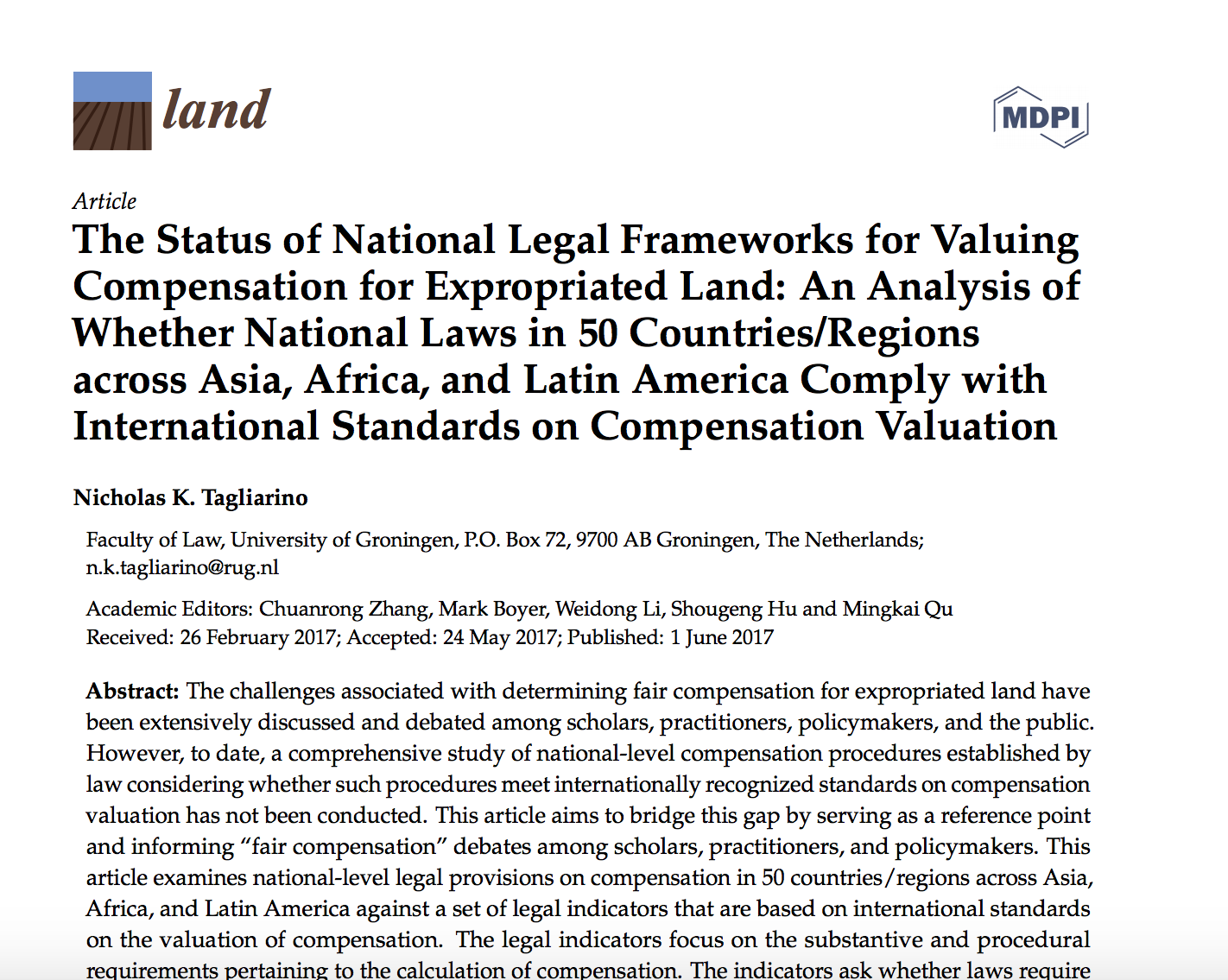The State of World Fisheries and Aquaculture - 2006 (SOFIA)
Several decades ago, the efforts of public administrations were concentrated on developing fisheries and aquaculture and ensuring growth in production and consumption. Then, in the 1980s, as many resources became fully or overexploited, the attention of policy-makers began to focus instead on fisheries management, in addition to development of aquaculture. Aquaculture continues to expand, while marine capture fisheries – when summed together worldwide – seem to have reached a ceiling.


